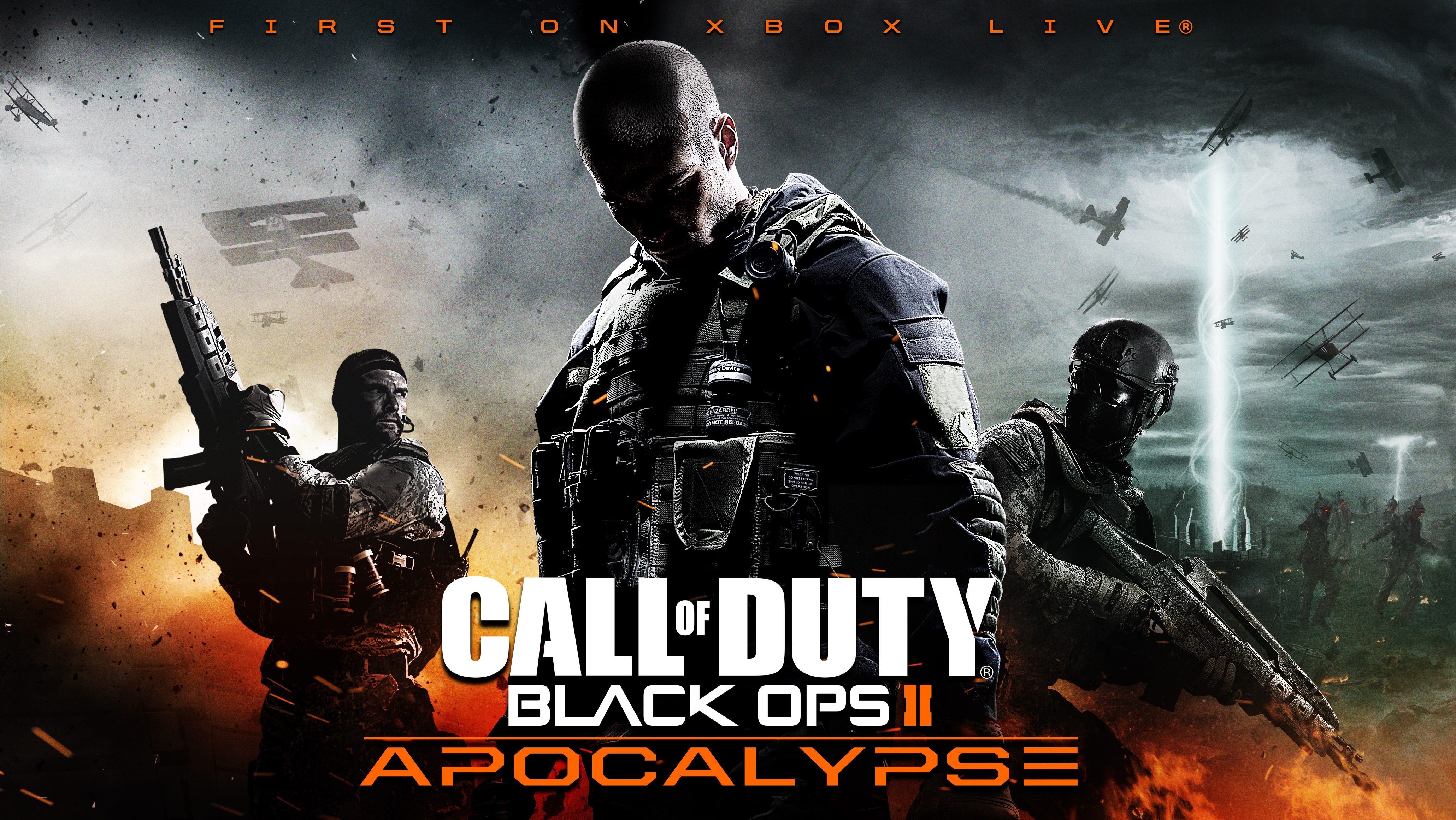
There’s elements of that and the other media that is directly or indirectly inspired by Joseph Conrad’s Heart of Darkness. Since the title of the review mentions Heart of Darkness, yeah.

It’s pretty well integrated with the main story and, as stated earlier, will affect the ending cinematic when you’re done. After you’ve marked the suspects or decoded the evidence, you then have the option to launch the mission to kill the head of the team specific to that operation. Exposing each cell becomes something of a puzzle game reviewing the evidence against the available suspects. For example, if you don’t expose the network behind Operation Chaos, it’s brought up that it will lead to hypervigilante domestic spying when the surveillance technology has improved.įor the side missions, as you play through the main campaign, you’ll be finding evidence that will help with the side ops. However, depending on your actions throughout the game, there are going to be variations on the ending. Those two side operations are completely optional.

There are also some side missions that amount to exposing two sets of Perseus’s networks. Some key characters, like one of Perseus’s operatives or the one Iran Hostage Crisis mastermind that you don’t kill right away, could either be killed or captured. There is a bit of a branching storyline element depending on how you play. Perseus’s plan, remotely set off the Operation Greenlight nukes, which kill a sizable chunk of the European population in a way that the US can be blamed for it. Through most of the rest of the campaign story, playing as “Bell,” you are unraveling Perseus’s plot to use Operation Greenlight, which covertly planted nuclear bombs in every major European country as a potential scorched Earth response to a Soviet invasion, against the US. Still, when you go through the first mission as Mason (working with Adler and Woods), you find out that a rogue Soviet operative codenamed Perseus, who was thought to be dead, is still alive and planning something big. This is where the factual issue comes into play, as it either has President Ronald Reagan being inaugurated earlier than he was in reality (or having broken US law by inciting US armed actions against foreign nationals before he was POTUS). The story starts off with a covert operation against the masterminds of the Iran Hostage Crisis. Then again, due to the nature of the story’s big twist, the factual issues could also be tied into the story. The story is intricated and well-woven, even in spite of one of the major factual errors. Generally speaking, while CoD:BO:CW’s story is a bit on the short side, especially in comparison to the previous Black Ops games, the content is great.

So let’s dive in.įirst, let’s dive into the story. Even without focusing on the multiplayer components, there is still a lot to point out, praise, and question. So speak up if you’re interested in some coverage of specifically the multiplayer components. So, multiplayer and Zombies will require a follow up. Zombies, while I could’ve done that single-player, is always better with others and it would only load until about the 95% area before stalling out. Part of the reason for this is the fact that, due to timing, I wasn’t able to test out CoD:BO:CW’s multiplayer. Admittedly, the focus will be toward the campaign.

And with the return comes something that I hoped for, the return of a campaign. The newest outing for Call of Duty is a return to one of best lines in the franchise.


 0 kommentar(er)
0 kommentar(er)
